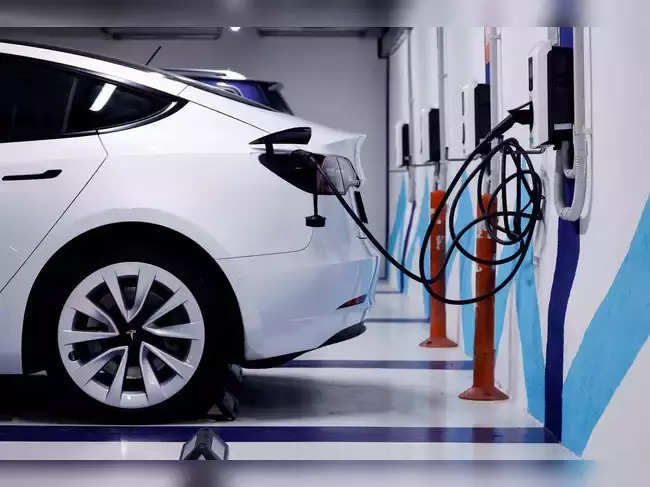Read by: 100 Industry Professionals

New Delhi: The Delhi government has started drafting a revised electric vehicle (EV) policy for the next three years and will hold a stakeholder consultation next week to get opinions, according to officials aware of the development, reported a business daily.
The Delhi EV policy 2020 expires in August this year and officials said that about 86% of the policy measures and targets have been achieved so far. No categorisation of the achievement is available. Moreover, with a high incentive offtake, Delhi government has disbursed around INR 154 crore as subsidies for EV adoption.
Though the policy expires in August, some of the targets have a 2025 deadline and officials said that the revised policy is only expected to extend the targets and include more aggressive measures in areas that have not been focused on till now. These areas include setting up private charging stations, electrification of commercial heavy vehicle fleets, increasing private vehicle ownership, etc., which the stakeholder consultation will focus on, an official said. “We’re going to start holding stakeholder consultations to get views from original equipment manufacturers, dealers, customers, and experts on what can be revised in the policy and how the targets can be realistically reviewed. We know that setting up private charging infrastructure needs more push,” said N Mohan, Chief Executive Officer, EV cell.
The key target set by the EV policy was to ensure that 25% of all new vehicle registrations are EVs by 2024. As of now, about 11% of all new vehicles registered in Delhi are EVs. But EV adoption is higher in some categories as 62% of three-wheeler goods vehicles are EVs and about 45% of four-wheeler cabs are also EVs; personal cars only contribute to 3% of this.
Other targets included 70% of the public transport bus fleet to be EV by 2025, induction of 8,000 pure electric buses by 2025, 100% of the delivery service fleet to be EV by 2025, and 100% of all Delhi government official fleet to be electric by 2023.
Officials said that some of the measures in the EV policy 2020 that worked include a high incentive framework for buying EVs and setting up EV charging stations. Even the tariff structure has been highly subsidised com- pared to other states. “Unlike other states, we have a single- part tariff structure in Delhi where there is no fixed monthly demand charge. We only charge for the energy utilised, which has helped a lot in increasing the number of public and semi-pub- lic charging stations across the city,” said Mohan.
Experts said that while Delhi is already leading the way in EV adoption, some areas need more focus now. “The city must shift its attention towards the electrification of trucks,” said Amit Bhatt, managing director (India), International Council of Clean Transport.
Source: Hindustan Times

